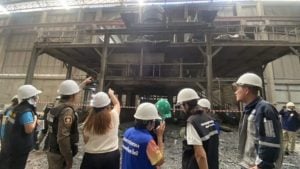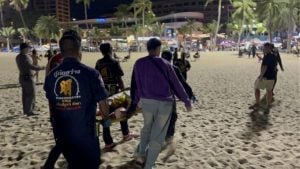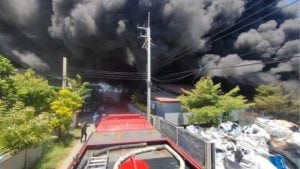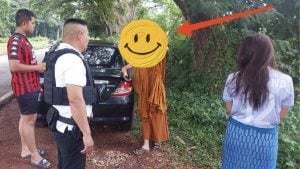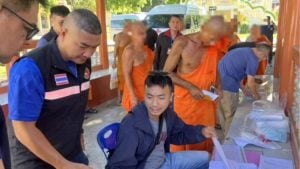Rohingya refugees demand repatriation amid food aid cuts in Bangladesh camps
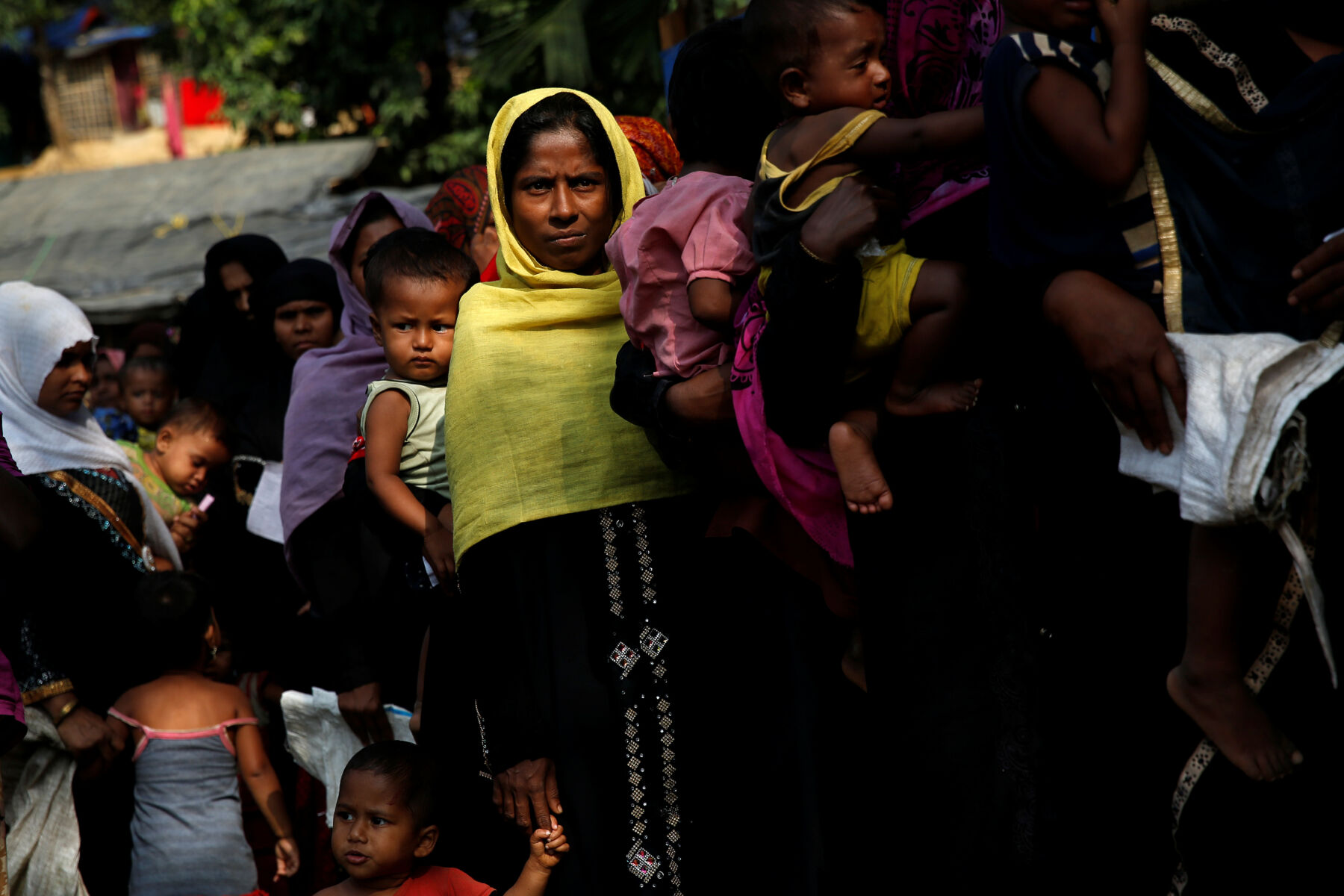
Tens of thousands of Rohingya refugees in Bangladesh are calling for repatriation to Myanmar, seeking to escape the dire conditions in the camps where they have resided since fleeing a brutal military crackdown in 2017. Over a million Rohingya live in these camps in southeastern Bangladesh, constituting the largest refugee settlement in the world.
The World Food Programme reduced the monthly food allocation per person from US$10 to US$8 on June 1. This followed a previous reduction in March, when the ration was cut from US$12 to US$10 due to a decrease in international aid for the refugees. Protests erupted across the camps on Thursday, with refugees of all ages brandishing placards and chanting slogans.
During the demonstrations, protesters expressed their desperation and desire to return to Myanmar. Mohammed Rezuwan Khan, a participant in the protests, warned that if conditions continued to worsen, they might have no choice but to steal food for survival. Muhammad Ayaz, 35, a resident of the Teknaf refugee camp, urged the international community to listen to their plea to return to their homeland with proper citizenship rights and protection.
Kelly T Clements, UN Deputy High Commissioner for Refugees, visited the refugee camps last week and acknowledged that the refugees are entirely dependent on humanitarian aid for their basic needs. However, she also noted that the minimum funding required for this assistance is no longer available. Humanitarian agencies have requested over US$876 million this year to support the Rohingya in Bangladesh, but as of June 2023, the Joint Response Plan is only 24% funded.
Rohingya community leader Mohammad Jashim expressed his eagerness to return to Myanmar but insisted on having citizenship rights guaranteed. The Myanmar military has shown little interest in accepting the Rohingya, who have long been considered foreign interlopers in the country and subjected to abuse and denial of citizenship. Previous repatriation attempts in 2018 and 2019 failed as refugees, fearing prosecution, refused to return.
A pilot scheme aimed at encouraging voluntary repatriation has been met with resistance, as 20 Rohingya refugees stated they would not return to Myanmar to “be confined in camps.” Bangladesh claims that repatriation to Myanmar is the only solution to the crisis. However, Tom Andrews, UN Special Rapporteur on the human rights situation in Myanmar, called for the immediate suspension of the pilot repatriation project, citing serious risks to the refugees’ lives.
As crime rates rise, living conditions worsen, and prospects for returning to Myanmar remain bleak, more Rohingya are attempting to leave Bangladesh by boat for countries such as Malaysia and Indonesia, endangering their lives. UN data indicates that 348 Rohingya are believed to have died at sea in 2022. Local communities in Bangladesh are also becoming increasingly hostile towards the Rohingya as international aid for the refugees continues to decline.
Latest Thailand News
Follow The Thaiger on Google News:









